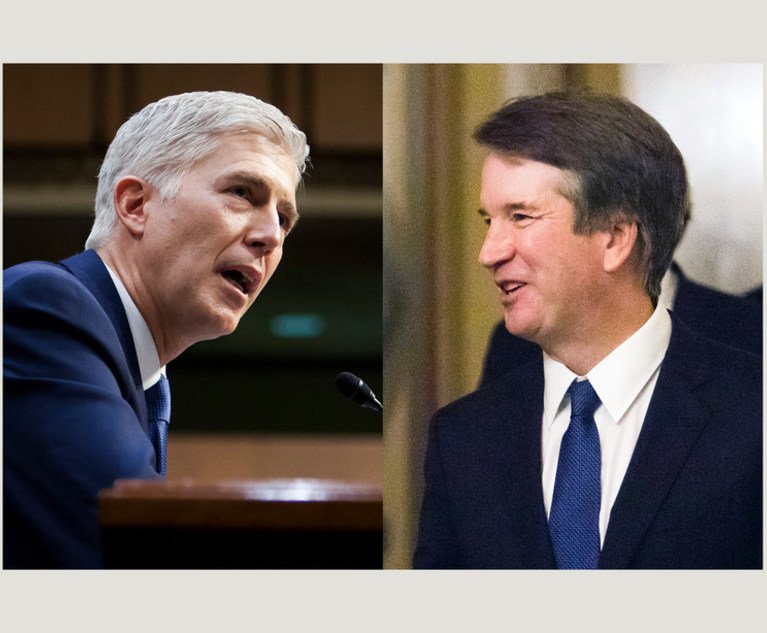Justice Neil Gorsuch again highlighted the mistreatment of tribal communities by the federal government in a U.S. Supreme Court decision Thursday, saying Justice Brett Kavanaugh’s majority opinion “neglects” the circumstances that led to an 1868 water-rights treaty involving the Navajo Nation.
The Supreme Court ruled 5-4 that the U.S. government is not required to take “affirmative steps to secure water” for the Navajo Nation from the Colorado River under the treaty. That accord implicitly includes water rights for the tribe on its 17 million-acre reservation but does not impose any “duty” on the United States to actively secure those rights, Kavanaugh wrote.
This content has been archived. It is available through our partners, LexisNexis® and Bloomberg Law.
To view this content, please continue to their sites.
Not a Lexis Subscriber?
Subscribe Now
Not a Bloomberg Law Subscriber?
Subscribe Now
LexisNexis® and Bloomberg Law are third party online distributors of the broad collection of current and archived versions of ALM's legal news publications. LexisNexis® and Bloomberg Law customers are able to access and use ALM's content, including content from the National Law Journal, The American Lawyer, Legaltech News, The New York Law Journal, and Corporate Counsel, as well as other sources of legal information.
For questions call 1-877-256-2472 or contact us at [email protected]


 Supreme Court Justices Neil Gorsuch and Brett Kavanaugh. Photos: Diego M. Radzinschi/ALM
Supreme Court Justices Neil Gorsuch and Brett Kavanaugh. Photos: Diego M. Radzinschi/ALM







